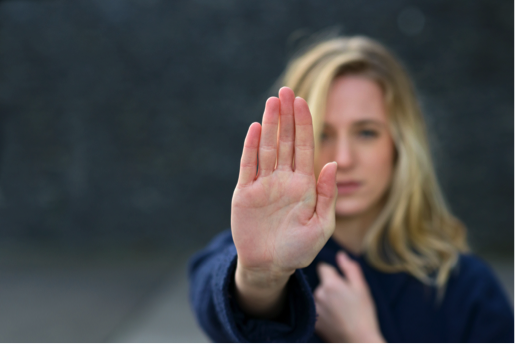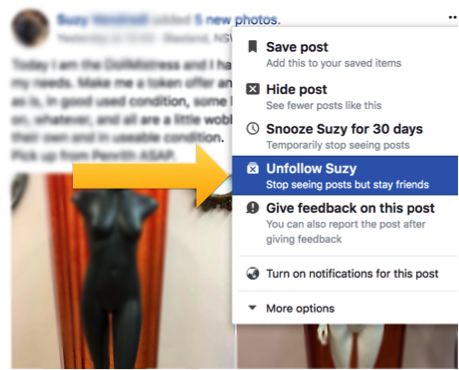By Dr Victoria Sublette
Anyone who has joined a greyhound rescue or anti-racing group knows there are people and groups who post videos and images that are designed to alert, shock, and make the public aware of the cruelty of greyhound racing.
A problematic issue with these kind of efforts towards greater awareness is that most of these posts are preaching to the choir and those of us who are particularly sensitive may become very distressed by the bombardment of negative imagery of animal abuse. Some of us find it unbearable to hear about the horrific death and injury statistics and stories of yet another abusive trainer getting caught live baiting and then let off with a slap on the wrist.
For many of us, this imagery comes with feelings of hopelessness, helplessness, and distress. I personally have had nightmares from images of abused and emaciated dogs (greyhounds and otherwise) and have developed symptoms of PTSD (post-traumatic stress disorder) from them. I found that after that initial shock, hearing about any kind of injury or illness of an animal sent me into a tailspin and I would instantly be reduced to tears and feel crippling anxiety and sadness. I like to think of myself as extremely resilient in most circumstances and have overcome much adversity in my life, but when an animal (and a greyhound, in particular) suffers, I feel a vulnerability that not only reminds me of my humanity, but also limits my ability to participate more fully in activism.
Symptoms such as depression, hypersensitivity, withdrawal, and anger can indicate that you are suffering from too much exposure, and are internalising the suffering of the greyhounds you are trying to save and feeling anxiety and despair for the ones you cannot.
Sadly, these feelings of distress often lead us to leaving groups that support the causes we believe are important because we are unable to cope with the imagery on social media. We want to “like” a Facebook page, but when we open Facebook, horrific images appear or videos on autoplay make us shut it down and hide.
Some of our friends – meaning well and wanting to cause the most impact – will post disturbing images that makes us wish to unfriend them. Others may support our causes, but not understand why we feel more trauma or pain than they do, and post unsupportive messages when we do share our feelings.
To help our community of volunteers and activists, I asked those in greyhound rescue groups for some strategies that they find are successful in keeping them motivated and mitigate their distress. I have been given some very helpful ideas – many of which I find work well for me.
6 Strategies for Coping
1. Focus on how far we’ve come
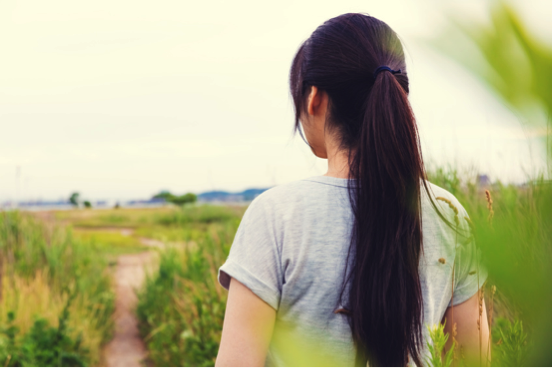
We are often so busy with rescuing greyhounds and so focused on how much remains to be done that we forget to step back for a moment and see how much we have already accomplished.
Currently, there are only eight countries in the world that allow greyhound racing: UK, Ireland, New Zealand, Australia, USA, Vietnam, China and Mexico, and the numbers of supporters are in significant decline. According to a 2016 poll, 82% of Australians want a complete industry shut down. The Candidrome in Macau, named the Worst Dog Racing track in the World is closing this July.
These events make it evident that awareness of the inherent cruelty of greyhound racing is increasing and the worldwide public is saying “no more”. It’s important that we realise that we are all a part of all of those achievements. We ARE moving forward in banishing greyhound racing to the dark past forever.
2. Take time-outs and breaks from social media or even activism
Everyone needs some time out from the noise and the imagery, and don’t be afraid to set limits on your time and your exposure. Simply tell others, “I’m not able to participate right now”, or “I just need a short time-out right now.”
You shouldn’t need to explain further and others should not be negative toward you setting your boundaries.
Conversely, when someone tells you they need some time out, it’s important to be supportive of their needs.
3. Limit your exposure
If you do have someone on your Facebook feed who posts videos and images you find upsetting, you can take a break from seeing their posts by unfollowing or snoozing them without actually unfriending them. On each message in your feed, in the upper right hand corner of the post there are 3 dots…
If you click those dots, a drop-down menu appears. From here, you can choose to Unfollow the person, or just Snooze them for 30 days. You will remain friends and still be able to go to their page when you wish, but won’t be seeing their posts automatically.
4. Care for yourself
In my post on compassion fatigue, I offered some ways to combat the negative effects of those who are mentally and physically exhausted from their caring roles.
The same applies here: taking time out for exercise, good nutrition, and enjoyable activities can replenish you and give you the energy to continue the good fight.
Remember that even the most modest contribution to ending this hideous industry is meaningful and even the tiniest step is a step in the right direction.
5. Create a support network
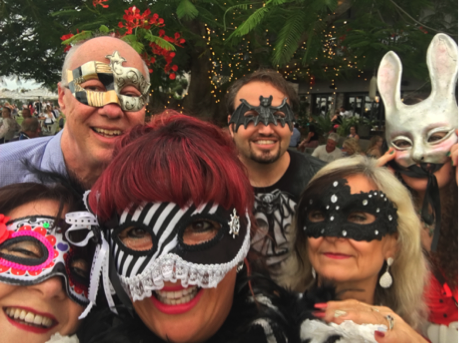 Social support is incredibly important for all we do, but especially for those of us who are trying to rescue and save greyhounds while being constantly bombarded by negative information and heartbreaking stories.
Social support is incredibly important for all we do, but especially for those of us who are trying to rescue and save greyhounds while being constantly bombarded by negative information and heartbreaking stories.
Surround yourself with those who have respect for your limits and who are appreciative of your efforts – regardless of the amount of time or energy you are able to devote. Spend time with people who share your passion to make a difference and distance yourself from those who are critical or belittling.
And last but not least…
6. Cuddle your greyhound!
Remember that the strength and energy you put into saving these lazy and lovable creatures matters. Look into a greyhound’s eyes and know that you’ve made a world of difference to them.
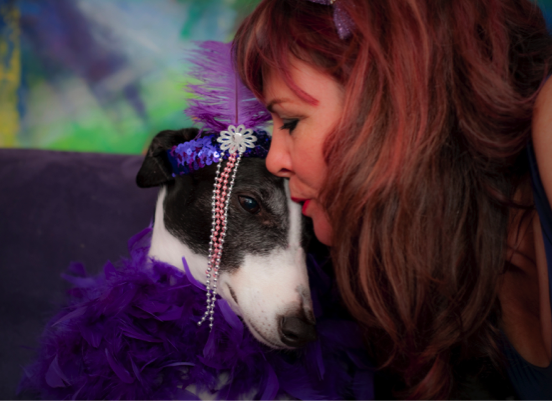
ABOUT THE AUTHOR
 Victoria Sublette has a PhD in Behavioural Medicine (Health Psychology) from Sydney University’s Medical School. Dr Sublette’s interests lie in psychology, health, technology, saving greyhounds, fitness, animal welfare and socialising with interesting people.
Victoria Sublette has a PhD in Behavioural Medicine (Health Psychology) from Sydney University’s Medical School. Dr Sublette’s interests lie in psychology, health, technology, saving greyhounds, fitness, animal welfare and socialising with interesting people.
The fine print disclaimer: This website is not a substitute for independent professional advice. Nothing contained in this site is intended to be used as medical advice and it is not intended to be used to diagnose, treat, cure or prevent any disease, nor should it be used for therapeutic purposes or as a substitute for your own health professional’s advice.
